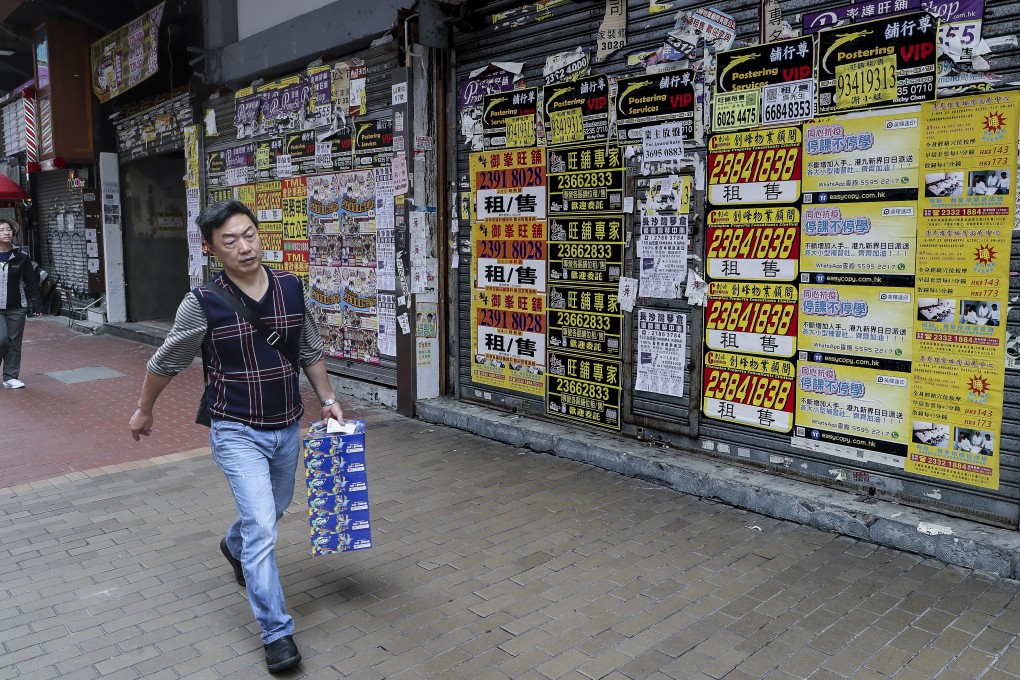Advertisement
Hong Kong’s commercial property investors expect relaxed mortgage rules to kick start buying activity
- Bridgeway Prime Shop Fund Management plans to speed up its HK$100 million acquisition plan in core tourist belts following the credit easing
- While the credit-easing policy has had a positive impact on sentiment, some market observers say the economic outlook and Covid-19 continue to cast a shadow
Reading Time:2 minutes
Why you can trust SCMP

Activity in Hong Kong’s commercial market is likely to gain momentum as investors expect the government to further loosen industry curbs, after the city’s de facto central bank eased mortgage lending rules for non-residential real estate for the first time in more than a decade, according to market observers.
Bridgeway Prime Shop Fund Management, a Hong Kong-based retail property investment fund, said it plans it to speed up its HK$100 million (US$12.9 million) acquisition spree in Hong Kong’s core tourist belts of Mong Kok, Tsim Sha Tsui and Causeway Bay following the credit-easing measure.
“We are in advanced talks to buy two shops and [hope] to close the deals quickly,” said founder Edwin Lee, whose fund owns 15 street shops valued at HK$370 million.
Advertisement
He said the easing of credit policy has had a positive impact on market sentiment. “Over the weekend, I received numerous calls from my business partners showing interest in buying shops.”
The Hong Kong Monetary Authority last week allowed banks to increase their lending for non-residential property by lifting the so-called loan-to-value ratio to 50 per cent from 40 per cent. It was the first time the HKMA had rolled back its industry-tightening measures introduced during the previous bout of price speculation from 2009 to 2017.
Advertisement
Advertisement
Select Voice
Select Speed
1.00x